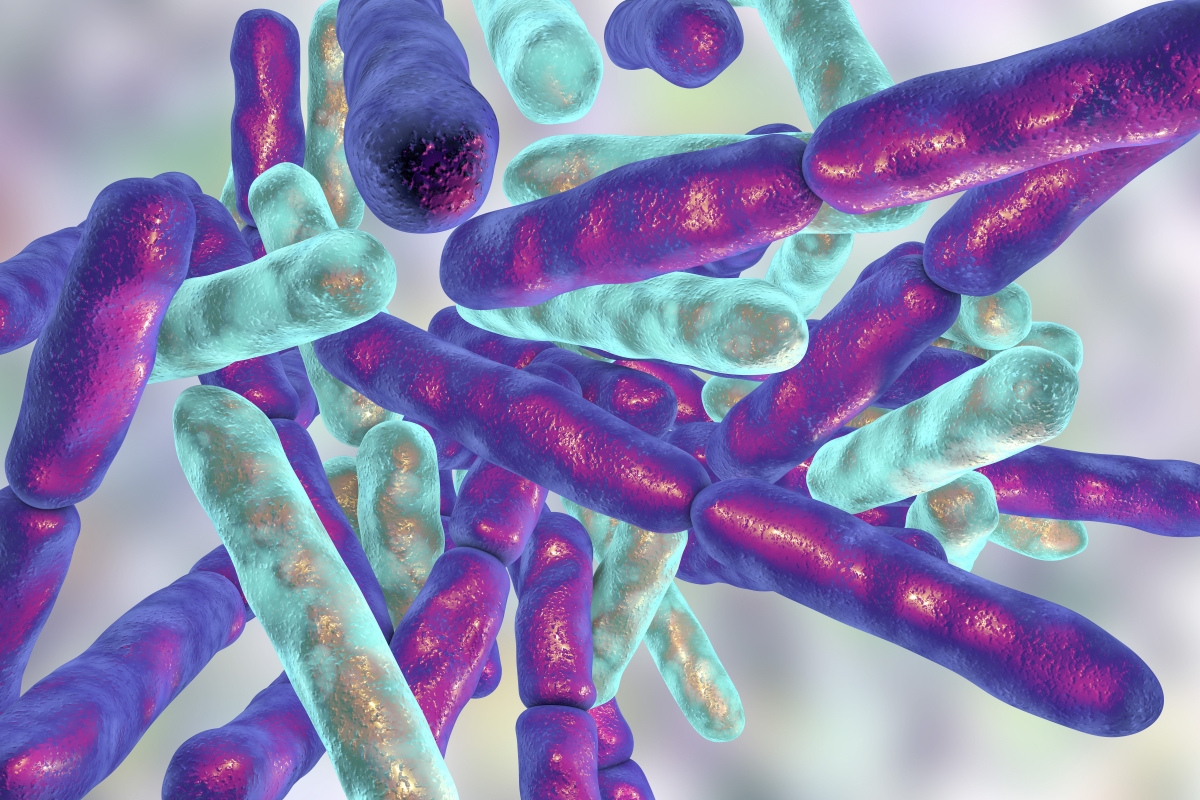Probiotic food consumption is associated with lower severity and prevalence of depression: A nationwide cross-sectional study
This 2019 study utilized the data on the 26,118 adult participants (aged 19-64) of the Korean National Health and Nutrition Examination Survey (KNHANES, 2012-2016) to examine the relationship between probiotic food intake (assessed through a food frequency questionnaire) and depression status [determined using a Patient Health Questionnaire (PHQ-9) and self-reported clinical diagnosis]. The subjects in the highest tertile of probiotic consumption had significantly lower odds in PHQ-9 depression severity (odds ratio [OR] = 0.48) and self-reported clinical depression (OR = 0.59) compared with those in the lowest tertile. No significant association was observed between probiotics and clinical depression among the women (OR = 0.85, P = 0.3081), but men in the highest tertile were significantly less likely to suffer from clinical depression (OR = 0.24, P = 0.0256). Although further research would be required to elucidate the mechanism behind probiotics’ relationship with depression, these findings implicate probiotic food intake with improving depression rates, especially among men. [NPID: probiotics, gut-brain axis, gut microbiota, gut bacteria, microbiota, gut microbiome, major depressive disorder, MDD, prebiotics, depression]
Year: 2019
 Navigation
Navigation






